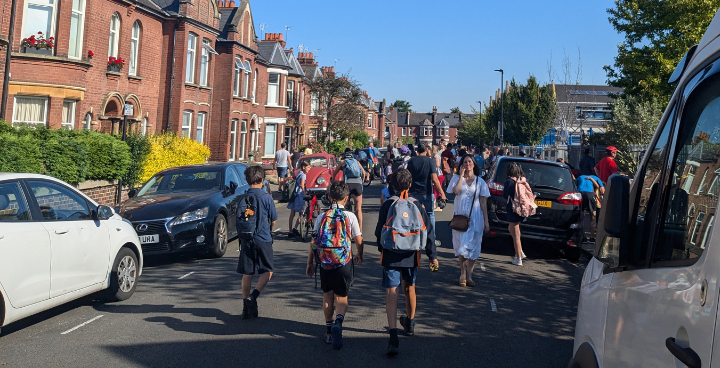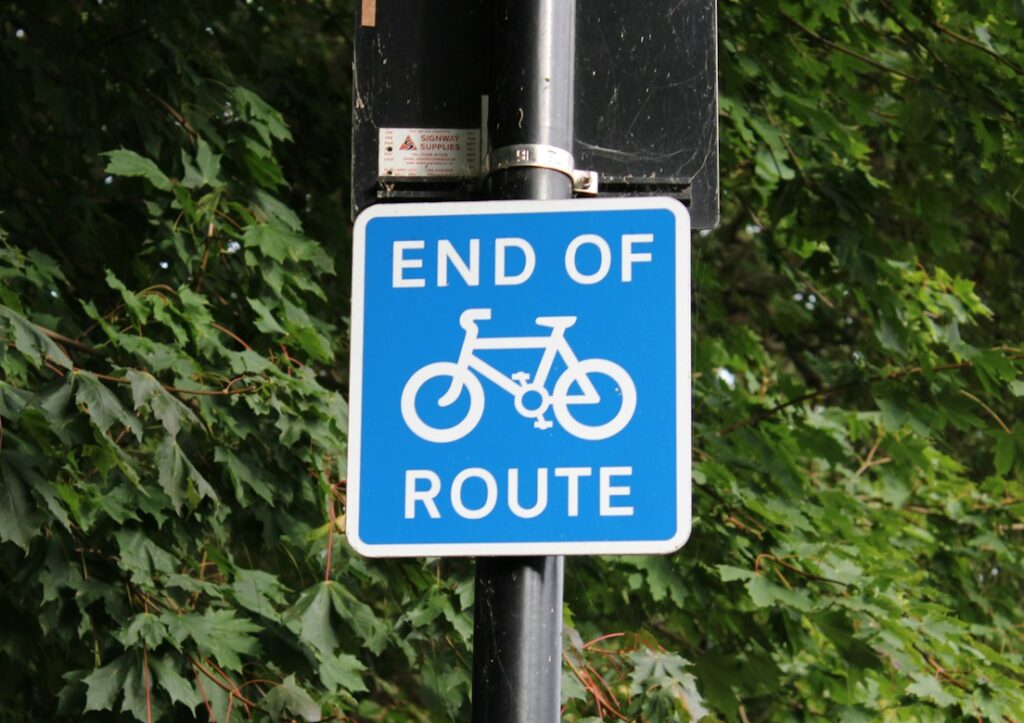If Bristol City Council implements a Clean Air Zone (CAZ) it will be a decade before the city meets legal compliance on air quality, according to technical data published by the city council.
The council has published the data alongside the public consultation that is currently underway on two plans to reduce nitrogen dioxide (NO2) emissions ‘in the shortest possible time’.
The first option is the class C CAZ, which would see polluting buses, coaches, and HGVs charged £100 a day to enter the zone. Taxis and light goods vehicles (LGVs) would be charged £9 per day and private cars would not be charged.
The data, which was undertaken independently by Jacobs, predicts that under a CAZ many streets in the city that currently breach limits will not reach compliance well into the 2020s, with Marlborough Street not meeting legal limits until 2029.
The council called the results ‘unexpected’ and say they will now ‘further review available options’.
Data for the second option, a diesel ban for all cars in a small area of the city centre, predicted similar scenarios to the CAZ with the city eventually meeting legal compliance in 2028.
Below is a table of each option and the expected dates of compliance, courtesy of Bristol City Council.
| Upper Maudlin Street | Park Row | Queen’s Road | College Green | Newfoundland Way | Rupert Street | Park Street | Church Road | Marlborough Street | |
| Clean Air Zone | 2021 | 2021 | 2022 | 2024 | 2025 | 2026 | 2026 | 2027 | 2029 |
| Diesel ban | 2023 | 2022 | 2021 | 2025 | 2025 | 2026 | 2026 | 2028 | 2028 |
Marvin Rees, Mayor of Bristol, said: ‘The latest technical work shows the scale and complexity of reducing air pollution in Bristol in the shortest time possible. We cannot solve this problem instantly, as much as we’d like to.
‘It’s going to take widespread, progressive improvement across the city, involving everyone.’
‘We remain committed to implementing a solution as soon as we possibly can.’
Speaking to AirQualityNews, Bristol-based clean air campaigner Seth Piper said the council’s projections for compliance are not good enough.
‘Mayor Rees has a habit of blaming a lack of central government funding for his slow response, but if he looked to other cities around the world he would see that there are mechanisms which raise revenue and tackle the problem efficiently,’ he said.
‘Achieving clean air sooner is definitely technically possible, it’s just that our political leaders don’t think it’s politically realistic.’
Last month, AirQualityNews met Mr Rees to discuss why the council has missed two deadlines to government for its clean air plan.
Mr Rees maintained that the delays have been necessary because the council’s own modelling indicated a charging CAZ would have an adverse impact on some of the city’s poorest communities.
Photo Credit – Pixabay
















